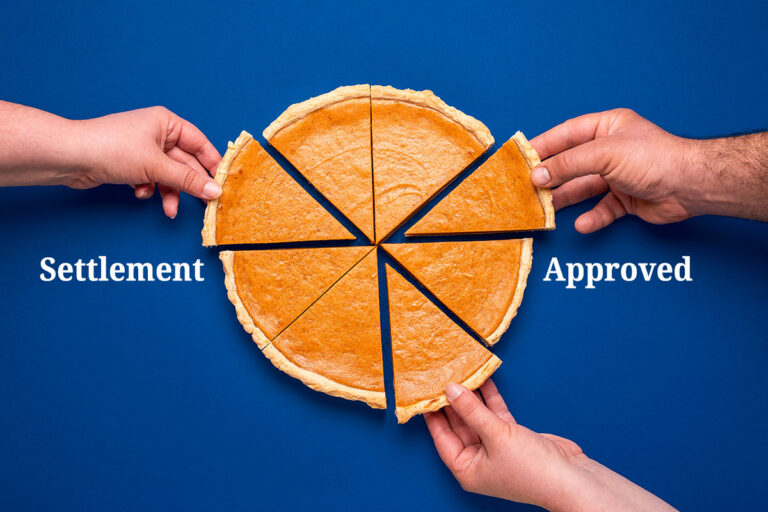
On June 1, US District Judge Robert Lasnik signed off on a $415 million class action settlement by DoubleDown Interactive and its former owner, International Game Technology (IGT). Social casino companies like DoubleDown have faced numerous suits alleging that their play money games constitute illegal gambling despite the lack of cash prizes. This is the largest settlement to date in such a case, and Lasnik describes it as “in the top 1-2% of all common fund class action settlements.”
The case took place in the United States District Court, Western District of Washington at Seattle. In his final approval order, Judge Lasnik writes:
The Settlement is, in all respects, fair, reasonable, and adequate, and in the best interests of the Settlement Class.
Players who spent money on DoubleDown’s products before Nov. 14, 2022 and applied for a portion of the settlement will receive compensation within 90 days.
The legal team from Edelson PC argued on behalf of the plaintiffs that four DoubleDown social casino products met the legal definition of gambling. One component of that definition is that gambling offers the chance to win something of value.
Social casino companies believe their products do not meet this part of the definition because there are no prizes outside the game. However, the plaintiffs, Adrienne Benson and Mary Simonson, claimed that DoubleDown’s play money chips had intrinsic value because the games couldn’t be played without them. That is, they and other players were effectively gambling for the ability to extend their playtime.
Neither IGT nor DoubleDown admitted any wrongdoing. However, in addition to the monetary settlement, DoubleDown agreed to make some changes to the products. These include the ability to keep playing for free even when out of chips.
How the DoubleDown Settlement Will Be Divided
IGT owned DoubleDown from 2012 to 2017 and agreed to pay the larger portion of the settlement. Its share is around $270 million, while DoubleDown owes $145 million for the period after its sale to DoubleU Games, a South Korean company.
Edelson PC will claim 29.3% of the settlement fund, or $121,485,000, for its role in securing the settlement. That’s higher than the benchmark of 25% for such cases.
Judge Lasnik devoted more words to justifying the size of the legal fees than to the settlement itself. In a separate document, he writes:
Class Counsel performed exceptional work and achieved an unparalleled result for the Class. The $415 million settlement amount is in the top 1-2% of all common fund class action settlements and reflects a sizeable portion of the damages at issue […]
Class Counsel further achieved exceptional non-monetary benefits [i.e., the changes to the games] for the Class. […]
This litigation was extremely risky for Class Counsel. Class Counsel worked entirely on contingency, prosecuted a line of several class actions against well-funded corporations, and pursued an entirely novel legal theory […]
Class Counsel vigorously litigated this case for over four years, progressing farther in litigation than any other among Class Counsel’s social casino cases[.]
The settlement administrator receives another $3 million, while Benson and Simonson will receive $7,500 apiece for their roles as class representatives.
That leaves roughly $290 million. The administrator will divide that among every eligible player who opted into the settlement before the April 11, 2023 deadline.
Compensation depends on each player’s spending and the total number of recipients. A calculator on the settlement website suggests that players could expect to get anywhere between 10% and 83% of their lifetime purchases back. Those who spent more will receive a higher percentage.
Everyone entitled to payment should receive it within 90 days in the form of a check or electronic transfer.
An Open Legal Question
Because DoubleDown and IGT settled, the court never ruled on the case’s claims. That has been the case with similar social casino lawsuits as well, such as the class actions against VGW and Zynga.
As a result, there’s no precedent for future cases. The terms of the settlements end the cases with prejudice, meaning the companies are safe from subsequent class actions on the same grounds. However, unless such a case reaches a verdict someday, it remains an open legal question whether social casinos really do constitute gambling.
That means other companies in the space could face similar suits. At least one, Yellow Social Interactive, is defending itself preemptively by making users agree to a class action waiver before playing. That hasn’t stopped users from trying alternative legal strategies to go after the company for players’ collective losses.





